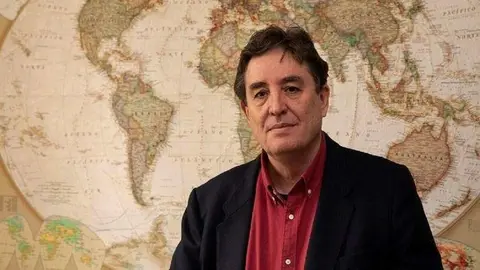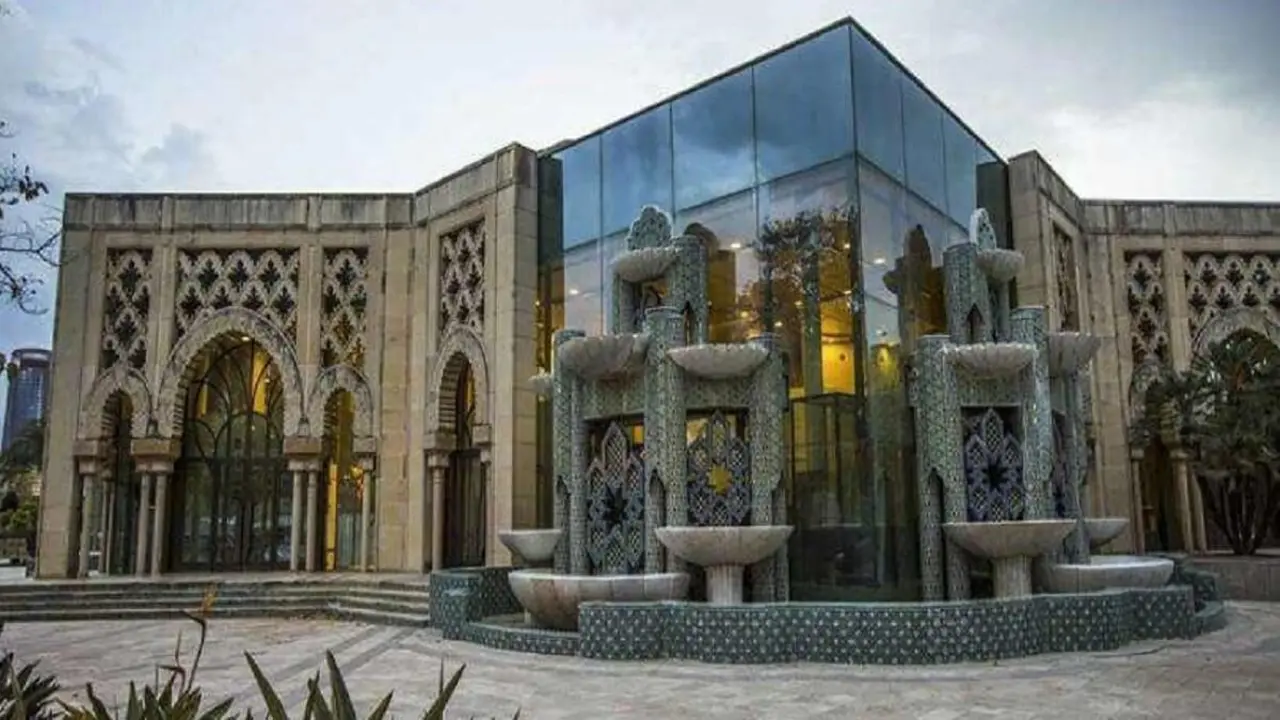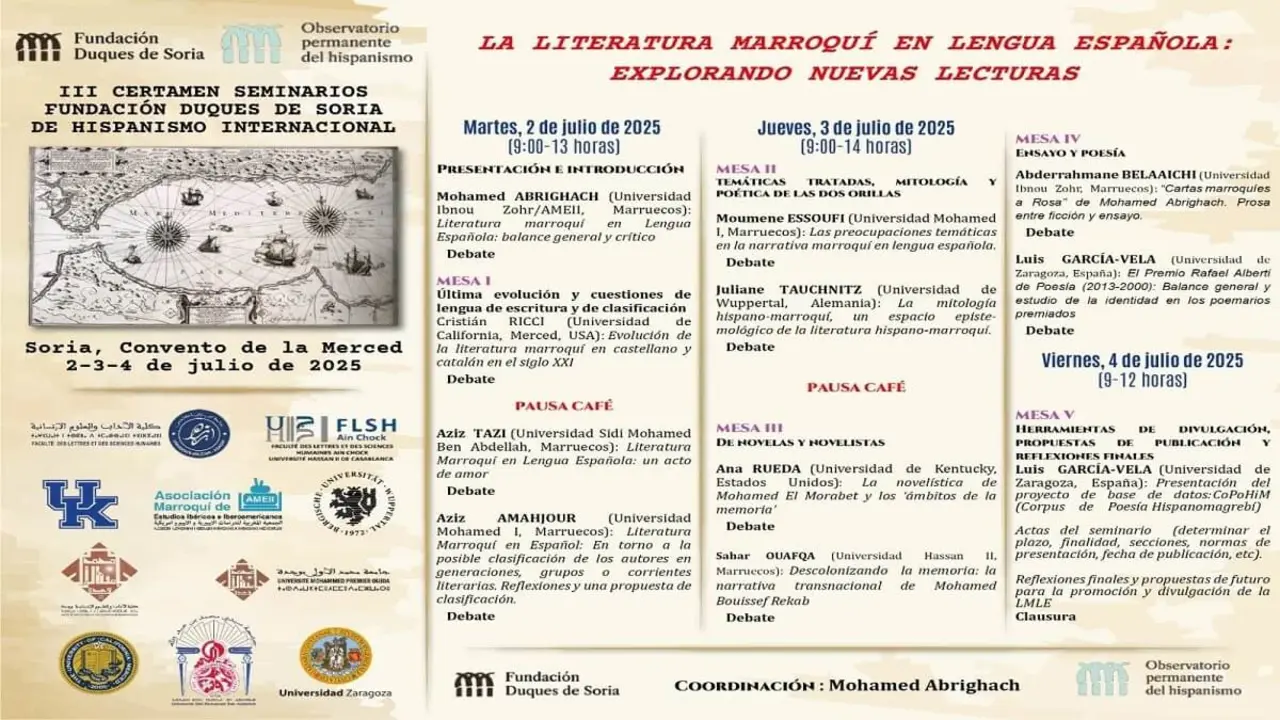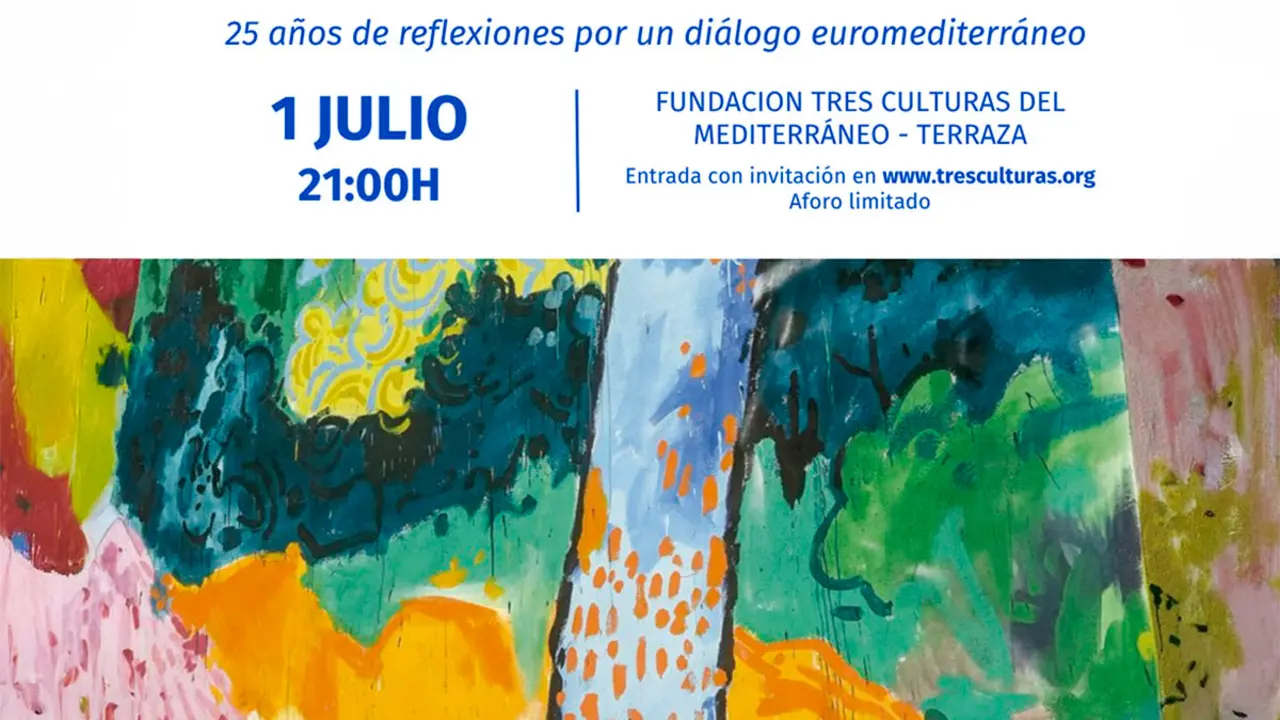The King of Spain celebrates the Cervantes Institute's "milestone" of extending its presence to one hundred cities around the world
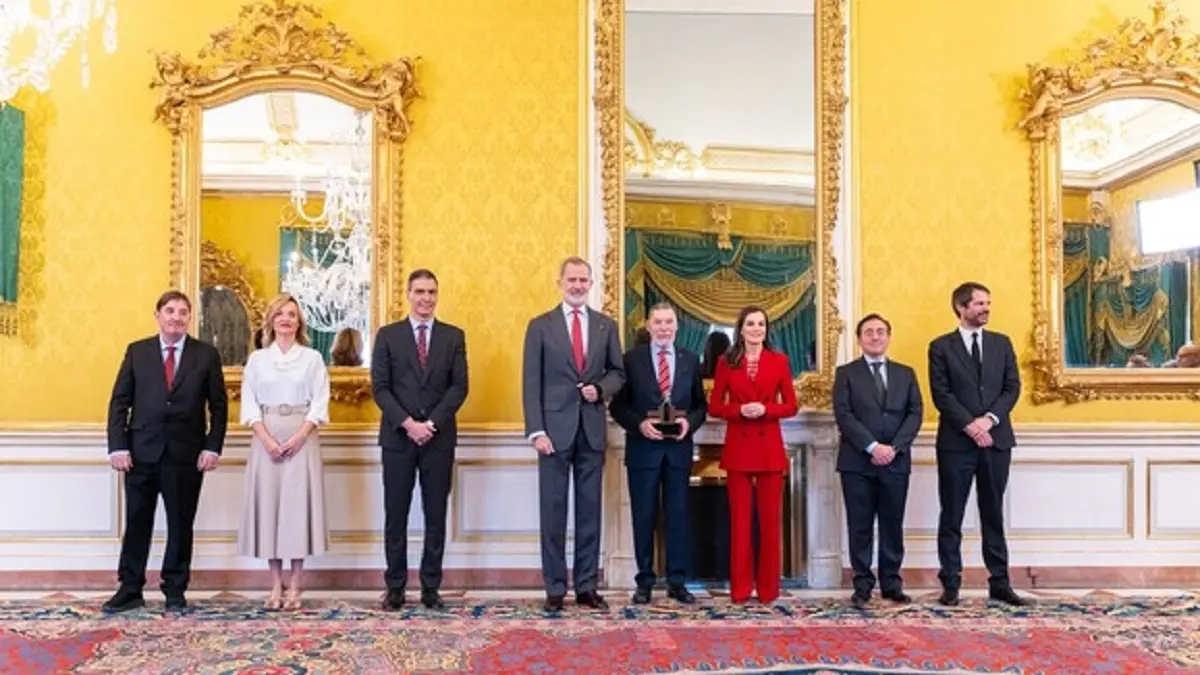
The King and Queen of Spain presided over the annual meeting of the Board of Trustees of the Cervantes Institute, an event in which Don Felipe celebrated the presence of the institution in one hundred cities around the world, which means having reached "a symbolic, magnificent goal", and described Artificial Intelligence (AI) as a "challenge of enormous importance", "the technology that will define our time and that will undoubtedly affect the learning, teaching and promotion of Spanish and our culture".
This is what he said at the toast of the lunch following the session of the Board of Trustees, which took place at the Royal Palace of Aranjuez (Madrid), which was also attended by the President of the Government, Pedro Sánchez, and the Ministers of Foreign Affairs, José Manuel Albares, Education, Pilar Alegría, and Culture, Ernest Urtasun.
The King said that reaching a hundred cities where the Cervantes Institute is present is "a milestone that marks the future of cultural action and the teaching of Spanish, which will soon be joined by others, such as the official opening of the centre in Seoul, South Korea, next year, as well as new extensions in Africa where our language is one of the most in demand" (with more than 1,500,000 students of Spanish). Therefore, "it is a good time to celebrate the fact that in 2023 the Institute will have continued to expand its valuable network of centres around the world".
The monarch insisted that his joy "is multiplied by the intense academic and cultural activity" of Cervantes and "how it continues to grow in numbers and influence in the world". After referring to "the digital transformation that the Cervantes Institute itself is undergoing", he added that this revolution "is already having a strong impact on language". "A challenge, without a doubt, of enormous importance for the institution and for society".
With this toast "to the 32 years of success of the Cervantes Institute in caring for our language, for the richness of Spanish, for our valuable common heritage", and the lunch offered by the King and Queen to the patrons and the Spanish-American diplomatic corps accredited in Spain, a meeting that this year has been delayed compared to the usual dates (the eve of the National Holiday of 12 October) came to an end.
The session of the Board of Trustees began with a speech by the Director of the Institute, in which he summarised the balance, in eight points, not only of the last academic year, but also of the last legislature, taking advantage of the fact that the new one, which was opened by the King and Queen in Congress last week, has just begun.
Among other figures, Luis García Montero highlighted that transfers from the State have increased from 66.3 million (in 2018) to 80.9 million (this year), and that own income (from tuition, language certification and cultural activities) for the first time will exceed those obtained before the pandemic. It also increased the number of staff from 937 (in 2019) to 951, a turnaround from 2012, when there were 1,126 employees, and the following years, when this number continued to fall.
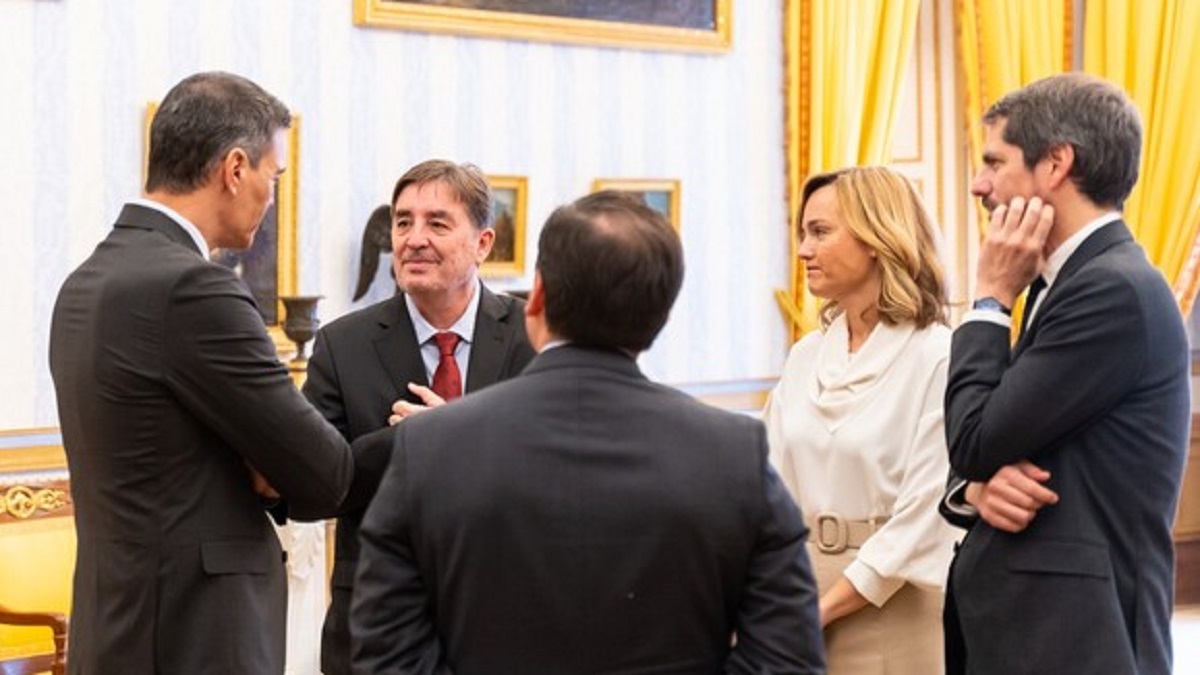
Doubling of the institution's "deterioration curve
"The deterioration curve of the institution has doubled", declared the director in a previous meeting with journalists, before whom he demanded "more investment in culture" so that it stops being "the poor sister", because "investing in culture is not creating clientelism".
He also informed the trustees about the "profound digital transformation" implemented thanks to the European Recovery Funds (more than 20 million euros have been executed or are in execution); the increase of activities related to the co-official languages and their culture by 34% this year (225% compared to 2019), or the aforementioned expansion of centres, classrooms and other minor entities around the world, "after a paralysis of more than 10 years".
This year, the Cervantes Institute has reinforced its teaching and certification activities. More than 132,000 people registered to learn Spanish (12% more than the previous year); the number of student-hours increased by 16%, with the centres in New Delhi, Tangiers and Rabat leading the way; and the number of candidates for the official DELE Spanish diploma exceeded 125,000 in 2023 (6% more).
In terms of culture, more than 7,400 activities were organised with 5,000 guests, almost half of them (47%) women, an increase of 110% compared to only four years ago. The most frequent activity revolved around films in Spanish (subtitled in the language of each country), with 550 film cycles.
García Montero closed his speech with the five objectives for the three-year period 2024-2026: to be more relevant in Spanish cultural diplomacy, to promote the presence of Spanish, to increase the network of centres, to improve the range of products and services, and to strengthen the organisational structure and human resources.
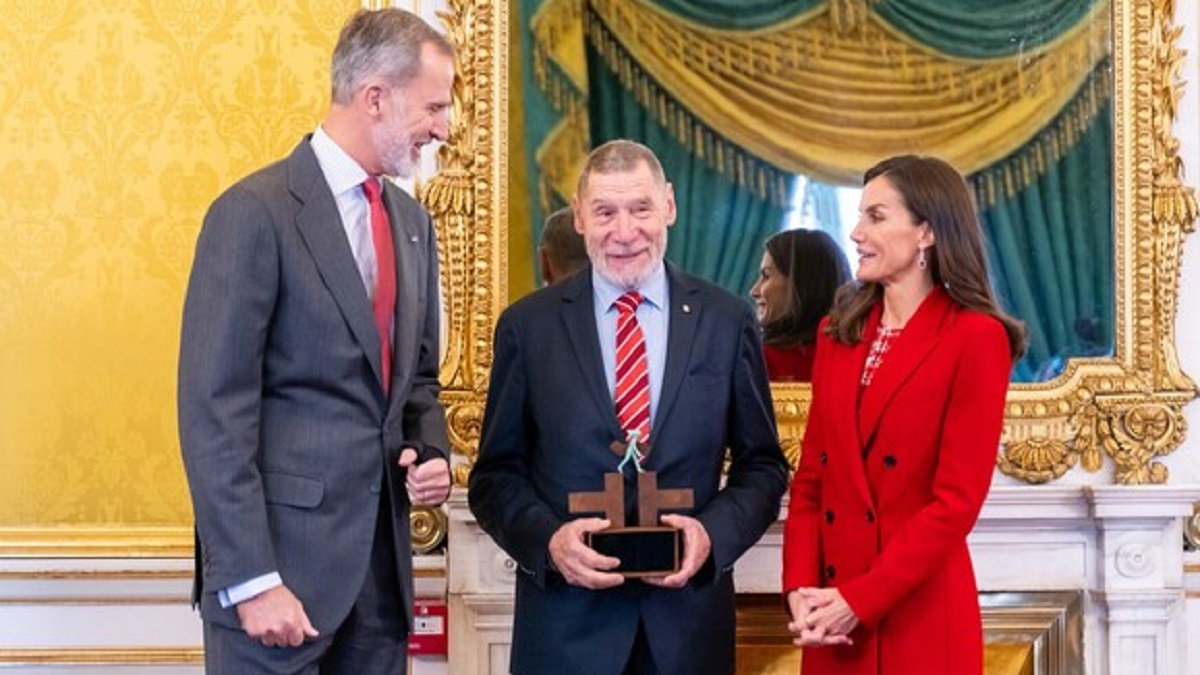
Ñ Award
Before the start of the meeting, Felipe VI presented the Cervantes Institute's Ñ 2023 Award to the Hispanist Dieter Ingenschay (1948), an outstanding promoter of Spanish culture in Germany, Emeritus Professor of Hispanic Literature at the Humboldt University of Berlin and former Professor of Romance Philology at the University of Munich.
Ingenschay, who chaired the German Association of Hispanists (1998-2003) and has researched and written on Hispanic literatures, declared his joy at "receiving here today the statuette of the letter eñe, the highest honour that can be bestowed on a foreign Hispanist". The prize, he added, "should be understood as an award for German Hispanism as a whole, for a Hispanism abroad that dedicates itself in its research and teaching from the margins to the overflowing creativity of Spain's culture and its exemplary diversity.
Submitted by José Antonio Sierra, Hispanismo advisor.

